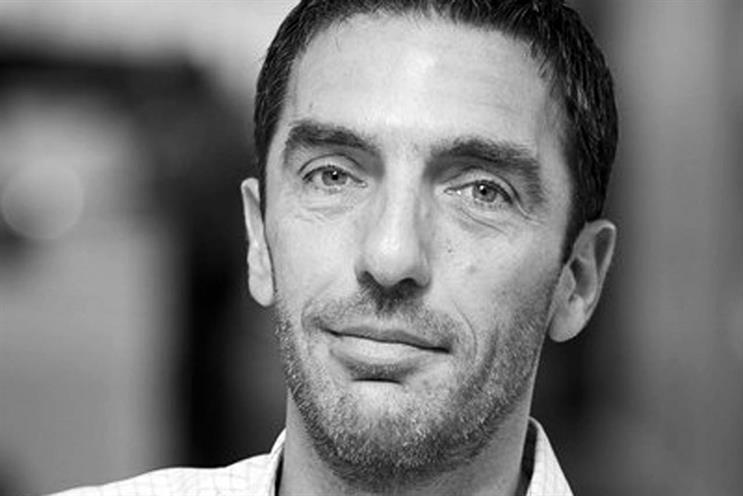Throughout my time at Visa, we have made significant investments in a range of sponsorship assets. We continue to have the privilege of partnering the biggest and best organisations in the world and over the years we’ve developed a good sense of what great looks like when it comes to sponsorships.
What I’ve found is that the programmes that have the strongest impact are the ones that combine purpose, authenticity and commitment. Let me illustrate how this worked with our recent commitment to support women’s football in Europe.
Last year, Visa became the first sponsor of Uefa women’s football, agreeing a groundbreaking deal with the governing body of European football. This was a pivotal moment in the industry and was seen as a positive step in recognising the growing importance of the sport.
At Visa, our purpose is inclusive in nature. Our vision is to be the best way to pay and be paid for everyone, everywhere. And our mission is to enable individuals, business and economies to thrive.
Women’s football as a sport provides a great platform for Visa to bring to life wider themes of acceptance, diversity and inclusion, so our partnership with Uefa perfectly aligned with our purpose and our ongoing commitment to champion diversity, inclusion and women’s empowerment.
The second dimension is authenticity. Brand associations with sports and events can at times come across as opportunistic or merely transactional, and for many organisations it works to have a detached relationship with the asset they sponsor.
However, part of the commitment we make as sponsors is to provide thoughtful and genuine support for the sports and federations we choose to get behind.
Our view with women’s football is that success will only be achieved when the sport has the visibility, exposure and appreciation that it deserves. So our whole strategy has been driven by this principle.
We will continue to support big competitions such as the Fifa Women’s World Cup, but we are also increasingly championing smaller ones like the Uefa Women’s Futsal Euros. And while we are partnering a governing body such as Uefa, we are also backing individual players across Europe, with the intention of helping each of them grow their profile and followers.
We also remain committed to building a dialogue with players, coaches and federations, seeking to understand what more we can do to help in this transformation.
For me, the final ingredient of a truly impactful sponsorship programme is that it requires deep commitment. We’re aware that women’s football is still at the beginning of its journey and it will take time for the sport to realise its full potential.
While the recent Fifa Women’s World Cup in France was an absolute success that saw audiences increase significantly since 2015, the job is far from done. Women’s football will continue to need the ongoing and unwavering support of multiple constituents – from organising bodies to media and sponsors – to be able to thrive and grow.
While it could be tempting to only show support during tournaments, for Visa this is a long-term commitment. Sponsoring women’s football goes far deeper than having our brand aligned with a fantastic sport.
We are keenly aware of the platform sports can create to effect attitude and behaviour change in society, so it’s been rewarding for us as an organisation to get behind women’s football alongside all the other initiatives we do, internally and externally, to champion, celebrate and promote the economic and social empowerment of women.
Adrian Farina is chief marketing officer, Europe, at Visa and a member of 北京赛车pk10's Power 100


